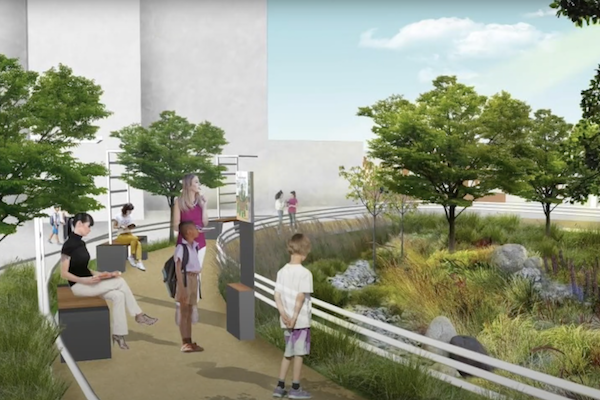
Articles from Katherine Unger Baillie

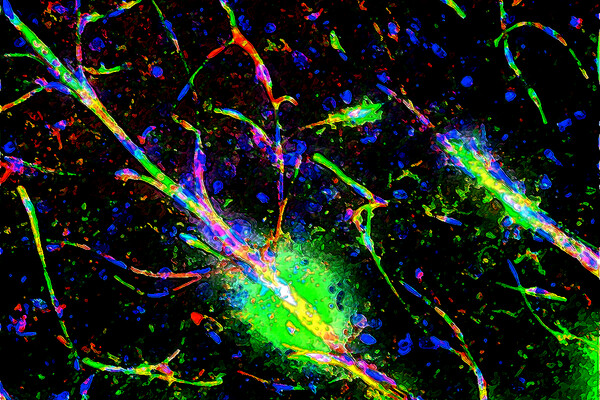
A genetic condition known as 22q.11.2 deletion syndrome is associated with an increased risk of schizophrenia. A Penn Vet-led team found that a leaky blood-brain barrier, allowing inappropriate immune involvement in the central nervous system, may contribute to this or perhaps other neuropsychiatric conditions. (Image: Courtesy of Jorge Iván Alvarez)
The immune link between a leaky blood-brain barrier and schizophrenia
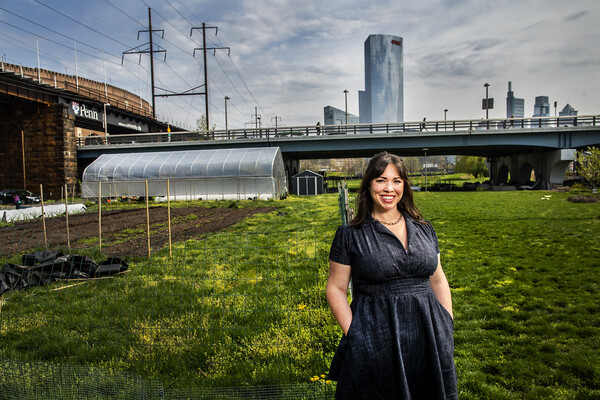
Nina Morris, Penn's sustainability director, hopes to engage more members of the campus community by “meeting people where they are, showing up to support them and their interests, and then finding out how their passions connect to sustainability.”
A ‘human-focused approach’ to sustainability
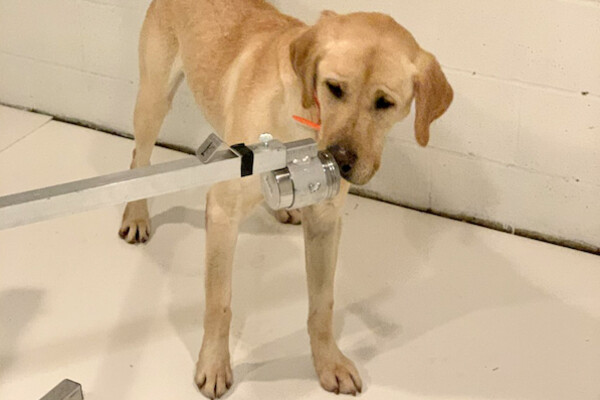
With impressive accuracy, dogs can sniff out coronavirus
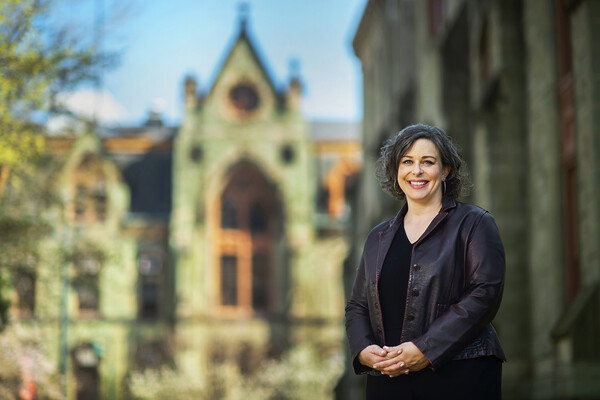
In her work and her teaching, historian of science Elly Truitt challenges assumptions. “The people who lived in the Middle Ages were definitely no less intelligent than we are, and they didn’t think they were living in the middle of anything,” she says.
From ‘Indiana Jones’ to medieval robots
Communicating change in a ‘land of extremes’

The pandemic has led to extra domestic labor—both housework and parenting—that disproportionately falls to mothers, according to a new study.
Mothers bear the cost of the pandemic shift to remote work
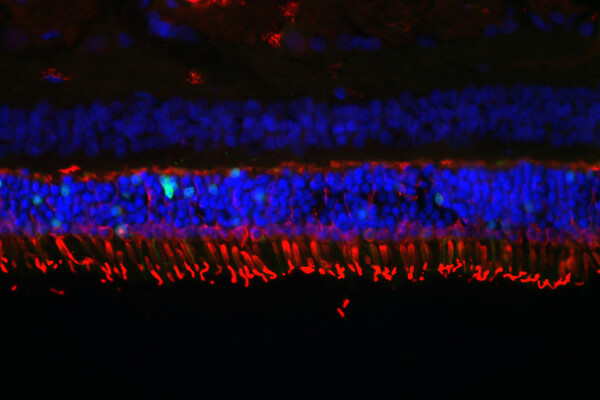
A mutation in the NPHP5 gene leads to a severe blinding disorder, Leber congenital amaurosis. Dogs with the condition that were treated with a gene therapy regrew normal, functional cone cells, labeled in red, that had previously failed to develop. The treatment led to a recovery of retinal function and vision. (Image: Courtesy of Gustavo Aguirre and William Beltran)
Turning back the clock on a severe vision disorder
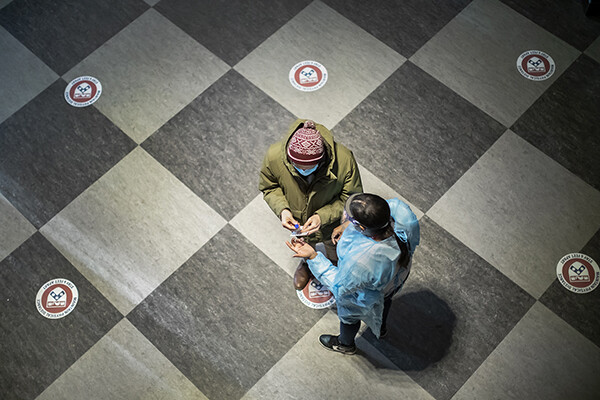
Reflecting on a year shaped by COVID-19

Results of the experiments so far, along with insights from Penn Medicine’s P.J. Brennan, have helped inform the arrangement of members of The Philadelphia Orchestra as they have resumed performances that are captured and later streamed on their new “Digital Stage.” (Image: The Philadelphia Orchestra)